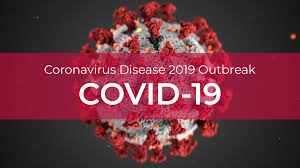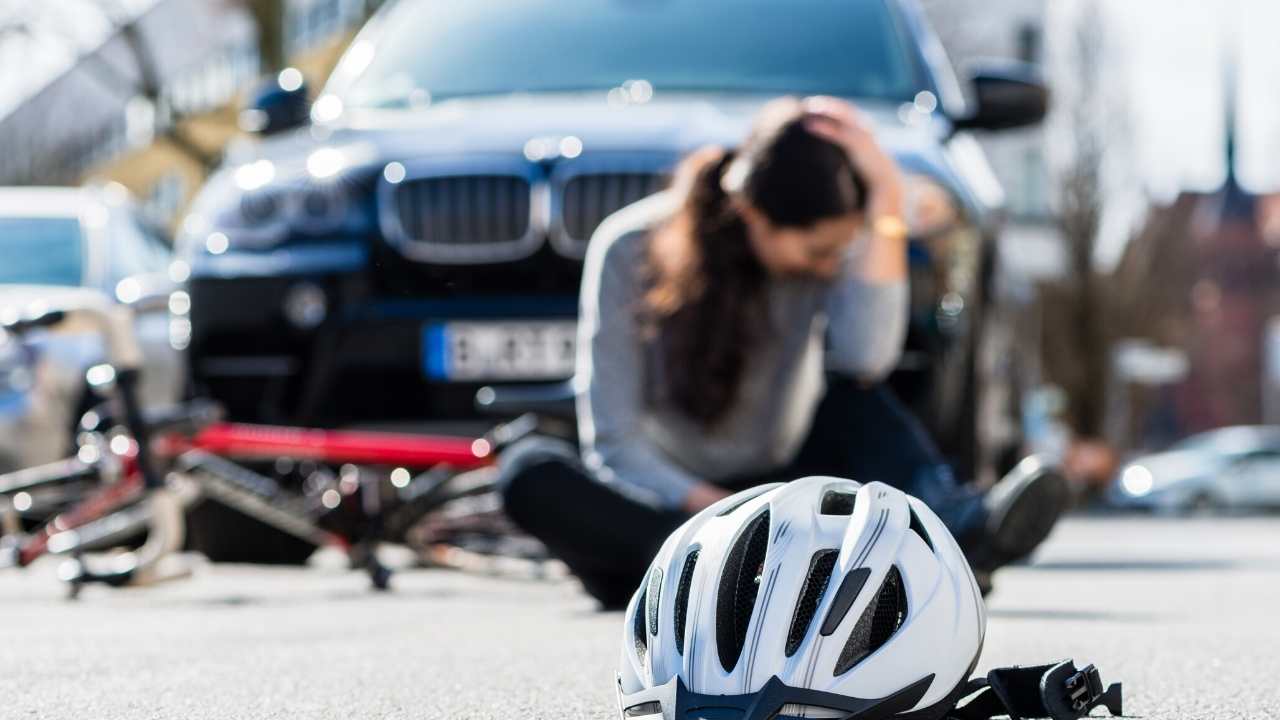 The number of reported COVID-19 cases in California has risen dramatically. What’s going on, and what should be done about it? The situation has changed so rapidly that I’ve had to rewrite this story repeatedly since I began work on it last week. Early Last Week When I started work on the story a week …
The number of reported COVID-19 cases in California has risen dramatically. What’s going on, and what should be done about it? The situation has changed so rapidly that I’ve had to rewrite this story repeatedly since I began work on it last week. Early Last Week When I started work on the story a week …
Continue reading "California’s Spiking Coronavirus Cases"
The post California’s Spiking Coronavirus Cases appeared first on Legal Planet.
#coronaviruscases #legalplanet
The number of reported COVID-19 cases in California has risen dramatically. What’s going on, and what should be done about it? The situation has changed so rapidly that I’ve had to rewrite this story repeatedly since I began work on it last week.
Early Last Week
When I started work on the story a week ago, state public health officials attributed the problem to increased testing rather than a resurgence of the disease. That was probably true for at least part of the early upsurge in cases, because California actually had expanded testing rapidly.
In general, the raw number of cases is an ambiguous signal about the spread of the disease. It’s not like we were taking a random sample of the entire population before and now we’re just taking a bigger random sample. Over time, three things change: the number of tests, a different group of people tested, and the actual rate of infection.
As of a week ago, state officials argued that other factors were more important than the case count:
“Officials are closely monitoring two metrics: the positivity rate, which is the proportion of people who have tested positive out of all those who have been tested, and the daily number of hospitalizations. A rise in the former could indicate an uptick in community transmission that’s taking place separately from increased testing.”
At that time, officials suggested the positivity rate was declining, so that the increased number of cases was nothing to worry about.
Late Last Week
By June 25, according to the Johns Hopkins website, the positivity rate in California had gone from 4.6% to 5.6%. Hospitalization and ICU rates are lagging indicators because of the delay between infection and hospitalization, and then between hospitalization and ICU care. By June 25, however, there were also signs of an uptick in hospitalization. According to the SF Chronicle, public health experts at Berkeley were concerned at that point about the increase and said “[increased] testing alone is insufficient to account for the increase in the number of cases.”
The Governor also expressed concern at that point, saying. “We cannot continue to do what we have done over the last number of weeks.”
Sacramento health officials came up with a theory about the origins of the problem. They said they weren’t seeing an increase tied to retail businesses or public demonstrations. Instead, they thought that people have interpreted gradual reopening as a signal that it’s now safe to meet with friends and families in their homes, often without masks. It’s not implausible that this could be a factor. A small data point: When out walking, I’ve definitely seen more guests entering or leaving houses in my neighborhood.
This Week
That was last week. What’s happened in the meantime? The number of new cases is continuing to spike, increasing almost 50% from June 19 to June 26. The LA Times reports that “California is on track to roughly double the number of coronavirus cases in June over those it recorded in May.” According to yesterday’s SF Chronicle:
“Clusters of cases from social gatherings, prison outbreaks, nursing homes and a general loosening of shelter-in-place restrictions are all responsible for the surge since California began reopening its economy more than a month ago, public health and political leaders said Monday.”
In particular, LA County is showing a very worrisome increase in hospitalizations. The number of new cases and the positivity rate on tests have seen substantial increases. According to the LA Times, “the number of hospitalizations of confirmed COVID-19 patients has also soared in L.A. County, rising by 44% in the past two weeks. On Sunday, 1,732 COVID-19 patients were hospitalized, up from 1,206 two weeks earlier.” The positive test rate in LA County is up to 9%, a sign that community spread is accelerating.
Coronavirus risks don’t fall on everyone in LA equally. According to LA public health, “43% of deaths occurred among Latino/Latinx residents, 28% among White residents, 17% among Asian residents, 11% among African American/Black residents.”
Although the absolute numbers are smaller, the trends in the Bay Area are also worrisome. The SF Chronicle reported on Sunday that:
“The number of confirmed coronavirus cases hit record highs in every Bay Area county except for San Francisco between June 18 and June 24, according to a Chronicle analysis of public health data. And in San Francisco, a wave of new cases — more than 100 new reported on Friday — caused the city to postpone plans to reopen some businesses.”
Today
The news continues to be bad. From today’s Chronicle:
“The state set the record for the most cases in a day on Monday, with 8,196 cases.
“The number of Californians hospitalized for the virus spiked 43% over the last two weeks, while the number of patients admitted to intensive care units jumped 37% during the same period.”
The Governor said he would announce new control measures later today. “If you’re not going to stay at home and wear a mask in public, we have to enforce and we will,” he said. He added that: “We’ll be making additional announcements on efforts to use the dimmer switch we referenced to and toggle back on our stay-at-home order and tighten things up.”
Control Measures
On Friday, the mayor of LA said, “We’re not in the red zone but we’re in the yellow zone.” He said he would wait 3-5 days to decide whether to reverse reopening. He was hoping for a unified strategy from the city, surrounding areas, and the state. That doesn’t seem to have happened so far.
In my original draft a week ago, I wrote that the increase in California wasn’t as alarming as it seemed but was still worth worrying about. I thought officials should be cautious about any continued reopening.
Since then, things have clearly gotten worse. On Friday, the Governor moved to reinstate the stay-at-home order for Imperial County in southeast California. Although it is painful to contemplate, we may soon need to undo parts of the reopening elsewhere in the state. The Governor did so on Monday by closing bars in seven counties (including LA).
Unfortunately, too many people seem to have taken limited reopenings as an “all clear” signal, with dangerous results. According to the LA Times, when bars and restaurants reopened there, inspectors found that “employees at about half of bars and restaurants were not wearing face masks or shields. Half of bars and one-third of restaurants were not adhering to social distancing protocols.”
Hopefully, it’s not too late to get the disease spread under control. This may mean rolling back more of the reopenings. It also appears that we need to get tougher about enforcing social distancing requirements, especially on the part of businesses. Besides the direct effect of improving business precautions, rigorous enforcement might also communicate a message to the general population about the dangers we face.
We know from the initial U.S. surge in New York and elsewhere that delay can be a fatal mistake. California needs immediate action to put the brakes on disease spread before things get out of control.
In the meantime, please stay home for the Fourth!
The post California’s Spiking Coronavirus Cases appeared first on Legal Planet.
By: Dan Farber
Title: California’s Spiking Coronavirus Cases
Sourced From: legal-planet.org/2020/07/01/whats-behind-californias-coronavirus-upsurge/
Published Date: Wed, 01 Jul 2020 14:49:16 +0000
Vist Maida on Social Me
Website Links
Maida Law Firm - Auto Accident Attorneys of Houston, by fuseology

No comments:
Post a Comment